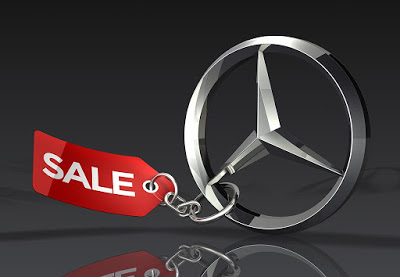 When most people consider buying a new car, the biggest barrier to entry is the initial purchase price. After that, they also have to factor in the price of insurance and the continuing fuel bill the vehicle is going to rack up. There is another cost, though, that can be overlooked. Depreciation is the difference between the amount you originally paid for an asset and the amount you can get back when you decide to sell.
When most people consider buying a new car, the biggest barrier to entry is the initial purchase price. After that, they also have to factor in the price of insurance and the continuing fuel bill the vehicle is going to rack up. There is another cost, though, that can be overlooked. Depreciation is the difference between the amount you originally paid for an asset and the amount you can get back when you decide to sell.
What Should You Expect
Typically, the average new car will lose around 50-60% of its initial asking price after three years. In fact, the moment the vehicle is driven out of the seller’s parking lot it loses a considerable amount of its original value. You can expect a loss of 20% in the first year of ownership and a further 15-20% during the second and third years.
Where new car buyers often see the most damage is in luxury vehicles, from premium manufacturers like Audi, BMW, and Mercedes-Benz, which have a higher initial cost. A vehicle like this which originally retailed for £50,000 could lose around £10,000 a year in value. This is why the used market is so competitive for these types of vehicles. While a five year old Mercedes-Benz won’t come with that new car smell anymore, purchasing it at this point makes much more financially sense. Compared to the first few years of ownership, the vehicle’s rate of depreciation is will be highly reduced from now on.
How to Minimize the Risks
While buying an older vehicle means that it will depreciate very little, if at all, over the coming years, you should also remember that the cost of repairs and maintenance will likely be higher. Not only will parts eventually need to be replaced, but you may also be charged a premium on sourcing components that are no longer in production.
Some of the ways you can minimize depreciation in a vehicle include keeping the mileage low–preferably under 10,000 miles per year–making sure it sees regular servicing, and keeping the vehicle in good overall condition throughout your ownership. Keep a servicing record as well as a log of any repairs you’ve had to make to the vehicle.
While these figures are typical of the average new vehicle, each specific make and model can fluctuate. When buying a new car, make sure you research the used market for past models if depreciation is a concern to you.

